JOHNSTOWN, Pa. – Keiko Hurst reached into her bag and pulled out a well-worn copy of the book “Jesus Who Is He?”
She opened it to the “narrow gate” passage, Matthew 7:13-14.
Words were written in English and her native Japanese: “Go in through the narrow gate, because the gate to hell is wide and the road that leads to it is easy, and there are many who travel it. But the gate to life is narrow and the way that leads to it is hard, and there are few people who find it.”

The message provided comfort as she faced the challenges of leaving Japan in her 40s and beginning a new life in the United States, which included learning the language, studying to become an enrolled agent tax adviser, getting married, acclimating to a new hometown and adjusting to cultural differences.
“I read this so many time,” Hurst said during a conversation one Saturday afternoon at Classic Elements in downtown Johnstown. “I cannot count how many times I saw that Bible verse. It’s so difficult, not just the living and to get the work. Everything is difficult because of my English. … It wasn’t easy. But this ‘narrow gate,’ I keep in my heart.”

Keiko Hurst reads her copy of the book “Jesus Who Is He?” during a visit to Classic Elements in downtown Johnstown on March 22, 2025.
Back in Japan, she started attending Christian services that would leave her with a feeling that “my body is so light and so happy.”
She eventually converted from Buddhism to Christianity.
‘The atomic bomb’
Hurst was born in Hiroshima in the mid-1960s, only two decades after the city was destroyed when the United States dropped a nuclear bomb in the final days of World War II.
“When I was in the school, many time the principal told us about the atomic bomb, at least once a month,” she said. “We saw the video and the picture. We heard the story so many times.”
Even with that historic context, when asked what her impression was of the United States growing up, she said, “Honestly, I didn’t think nothing (about it).”
In Hiroshima, Hurst grew up in what she described as a traditional restrictive environment.
She liked biking and hiking, including climbing Mount Fuji, Japan’s iconic landscape feature.
When she arrived in the Johnstown region, she found an environment that provided the opportunity to enjoy outdoor recreation.
“I was happy because I love the nature,” Hurst said.
She shared that enjoyment with her husband, David Hurst, a longtime local journalist and current executive director of The Steeples Project that is preserving and repurposing old ethnic churches in the Cambria City Historic District.
Met at a wedding
In July 2011, David Hurst attended the wedding of his son, Matt Hurst, who was teaching English as a second language in Hiroshima.

David Hurst and Keiko Hurst look at books during a visit to Classic Elements in downtown Johnstown on March 22, 2025.
One of his students, the then Keiko Ide, was also there. They met at the reception and went on one date before David Hurst returned home.
“The whole experience was amazing,” David Hurst said.
When asked about meeting his future wife at his son’s wedding, he laughingly said, “I didn’t see that coming at all.”
The couple soon started having frequent conversations on Skype.
Keiko Ide moved to the Johnstown area in June 2013, spending her last night in Japan with just a laptop, blanket, phone, desk lamp and suitcases packed with some possessions.
“That was the end of her life in Japan,” David Hurst said. She got married and became Keiko Hurst in July 2013.





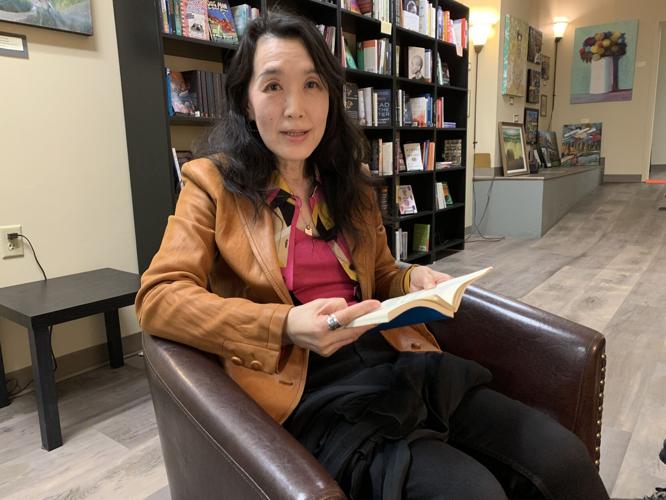
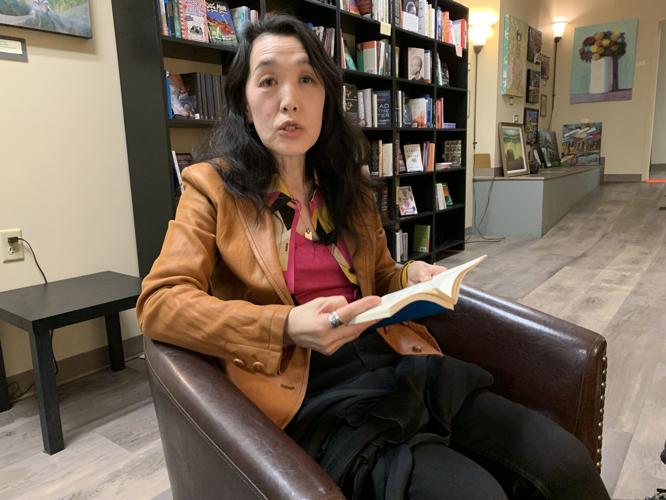

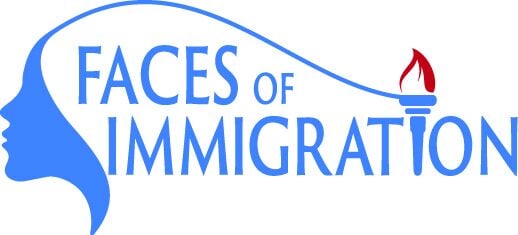



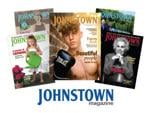























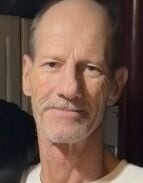
Commented
Sorry, there are no recent results for popular commented articles.